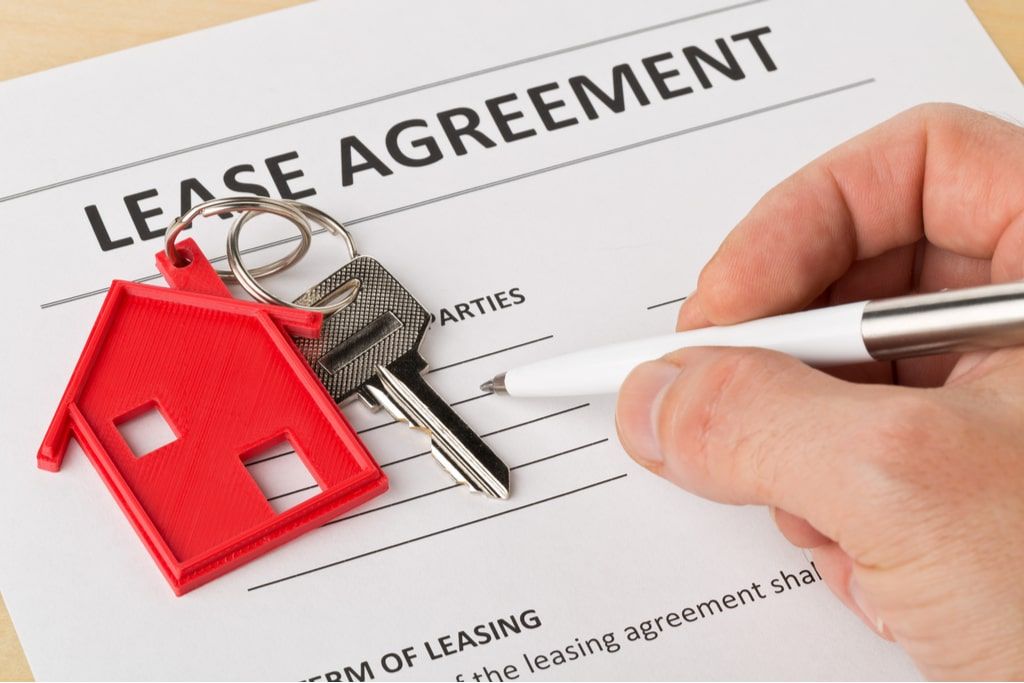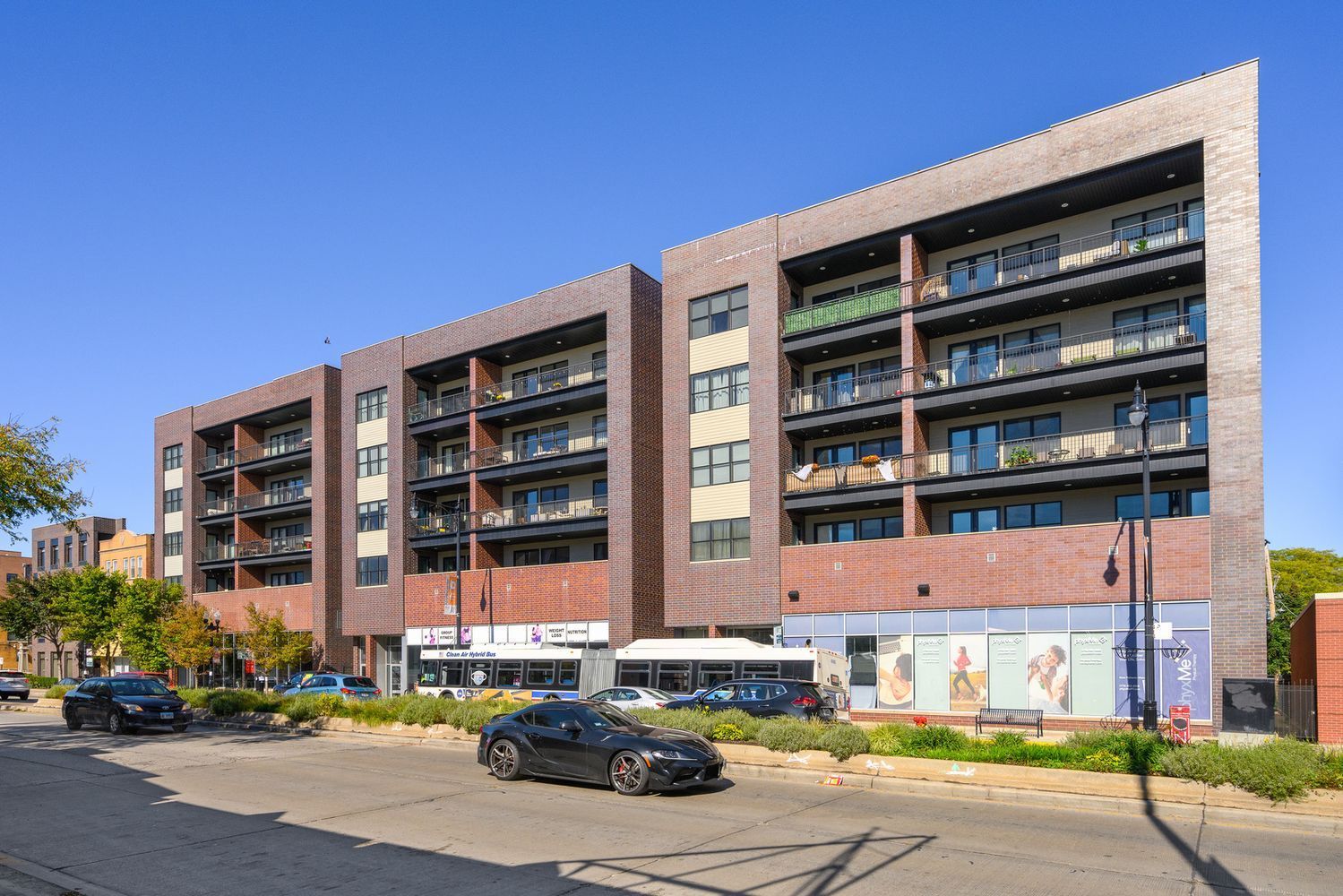



What Goes Into A Multifamily LOI Offer?
If you are new to purchasing multi family properties in Chicago, you may be unaware that many times a Letter of Intent (LOI) precedes an actual contract offer. The purpose of the LOI is to outline the general terms and conditions of an agreement before the actual contract is negotiated and finalized. LOIs are popular as they are easy to negotiate back and forth without fear of missing a minute
point that can set up one of the parties for failure. LOIs are a tool to come to agreement on the main big ticket items and then hash out the smaller details within the contract.
LOIs can come in many different templates and level of granularity, but below are some of the key bullet points that an LOI should encompass:
Purchase Price - clearly define the purchase price including personal property.
Earnest Money - what is the amount of earnest money, when is it due, and if applicable, under what circumstances would the earnest money be returned to the buyer?
Inspection Period - here is where the buyer defines the time period allowed to not only physically inspect the property, but also inspect all of the seller’s documentation (rent roll, service agreements, T12…etc). Given that sellers may be slow to find all documentation Drexel recommends the following language “buyer will have XX days from the time from the date of receipt of all requested sellers documents and records to perform inspections and examine the records of the Property.”
If an LOI states your inspection period is 10 days but the seller doesn’t hand over documents until day 8, you may not have adequate time to review (and the seller is also demotivated to provide everything in a timely manner).
Financing - This portion states if the offer is contingent on the buyer securing financing. If there is a financing contingency, how long does the buyer have to lock up a mortgage commitment, what are the expected terms of that commitment, and is there an allowable extension period?
Closing Date - what is the expected closing date and what are some of the potential factors that may cause the closing date to move?
Non Solicitation - It’s beneficial to add a non-solicitation clause to ensure the seller is not bringing in any other parties to cause a bidding war. Here is an example of the clause:
“Upon the execution of this letter of intent and until the transaction is closed or sooner terminated, neither Seller nor its agents shall seek or solicit any offers for the Property, nor shall they discuss or negotiate a possible sale of the Property with any person or entity other than Buyer.”
Although you will have the chance to finalize a contract after the LOI, the terms of the LOI are expected to migrate to the contract. If you have put a 15 day inspection period in the LOI, the seller is going to expect that same 15 days in the contract so it is important to put time and effort into your LOI and ensure it is indeed setting you up for success.
Questions on how to structure your LOI? Feel free to reach out to Drexel Properties for a free consultation at
info@drexelproperties.com



